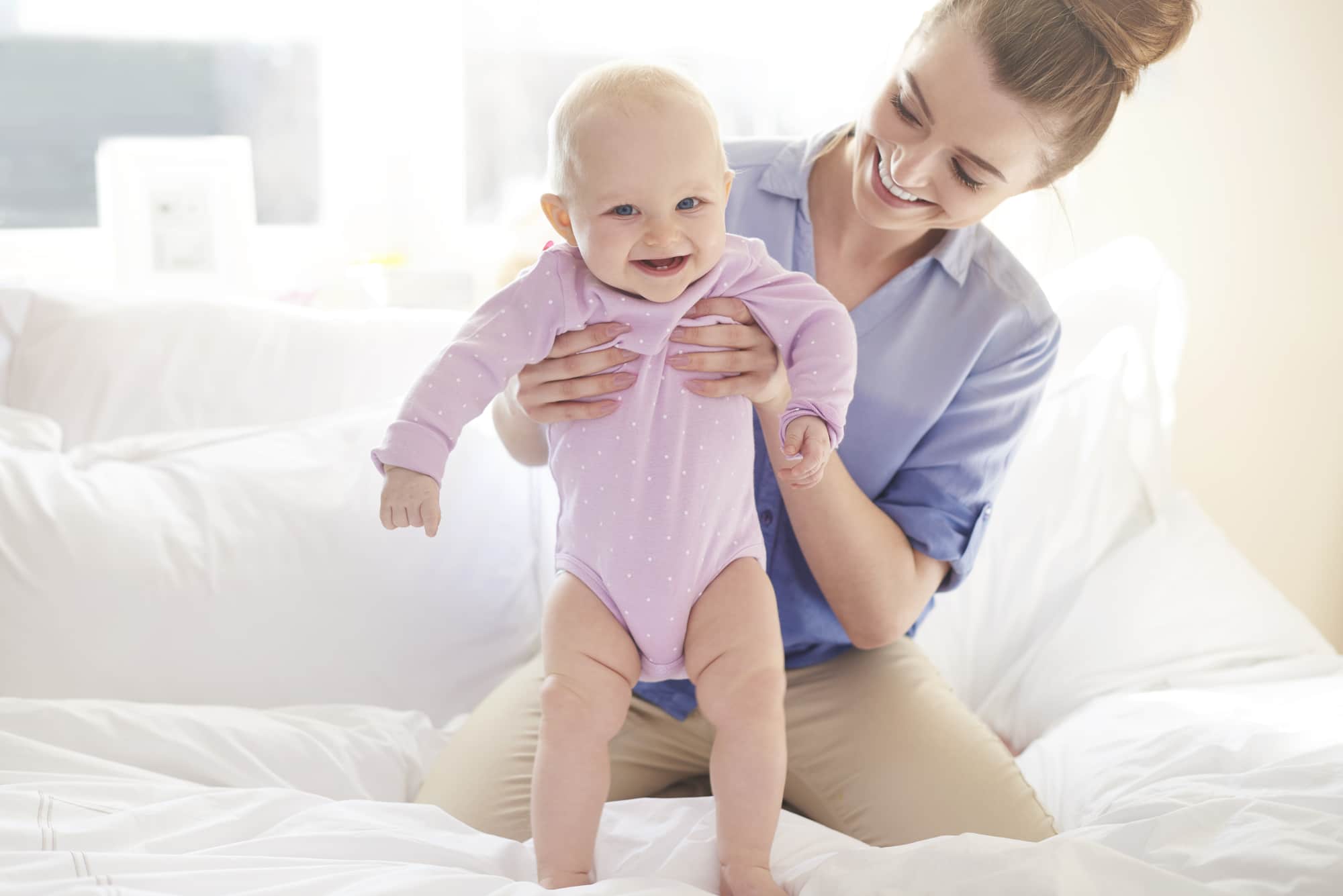 Source: bing.com
Source: bing.comTable of Contents
Introduction
As a new parent, it’s natural to want to give your baby every tool they need to thrive in life. But when it comes to baby walkers, there’s been some debate about whether they actually help or hinder development. In this article, we’ll take a closer look at the research to answer the question: do baby walkers affect development?
The Pros and Cons of Baby Walkers
Many parents love baby walkers for their convenience. They allow babies to move around independently, giving parents a break from constantly holding or carrying them. Walkers can also provide entertainment for babies, with toys and other features to engage their senses.However, there are also some downsides to baby walkers. One of the biggest concerns is safety. Walkers can tip over easily, especially when used on uneven surfaces like carpets. Babies have also been known to accidentally roll down stairs or other hazards while in walkers.Another issue is that walkers can actually delay development. Babies in walkers may not develop the core strength and balance they need to learn to walk on their own. They may also miss out on opportunities to explore their environment and learn through natural play.
The Research on Baby Walkers and Development
So what does the research say about the impact of baby walkers on development? A number of studies have found that walkers can indeed delay motor development. One study published in the journal Pediatrics found that babies who used walkers took an average of three weeks longer to start walking than those who did not.Another study from the University of Virginia found that babies who used walkers scored lower on motor development tests than those who did not. The researchers concluded that walkers may actually hinder development rather than help it.
Alternatives to Baby Walkers
If you’re concerned about the potential negative effects of baby walkers on your child’s development, there are plenty of alternatives to consider. Here are a few ideas:- Tummy time: Encouraging your baby to spend time on their tummy can help build the strength and coordination needed to reach important developmental milestones like crawling and walking.- Babywearing: Using a baby carrier or wrap can allow you to keep your baby close while still having your hands free. This can help babies feel secure and connected while also allowing them to observe and explore their environment.- Push toys: Simple toys like wagons or push carts can help babies build strength and balance while also encouraging exploration and play.
Conclusion
While baby walkers may seem like a convenient and fun tool for helping your baby learn to move around independently, the research suggests that they may actually hinder development. If you’re concerned about the potential negative effects of walkers, there are plenty of alternatives to consider. Ultimately, the most important thing is to provide a safe and nurturing environment where your baby can explore and learn at their own pace.
Frequently Asked Questions
Q: Can baby walkers cause injuries?
A: Yes, baby walkers can be dangerous and have been known to cause injuries like head trauma or burns from reaching hot surfaces.
Q: Can baby walkers help my baby learn to walk?
A: While walkers may seem like they would help babies learn to walk, research suggests that they may actually delay development and hinder babies’ ability to build core strength and balance.
Q: What are some alternatives to baby walkers?
A: Alternatives to baby walkers include tummy time, babywearing, and push toys like wagons or carts.
Q: Are there any benefits to using baby walkers?
A: While baby walkers may seem convenient, the risks and potential negative effects on development outweigh any perceived benefits.
Q: What should I look for in a safe baby walker?
A: When choosing a baby walker, look for one with a wide base and sturdy frame. Make sure the walker has brakes to prevent it from rolling down stairs or tipping over easily. And never leave your baby unattended in a walker.
